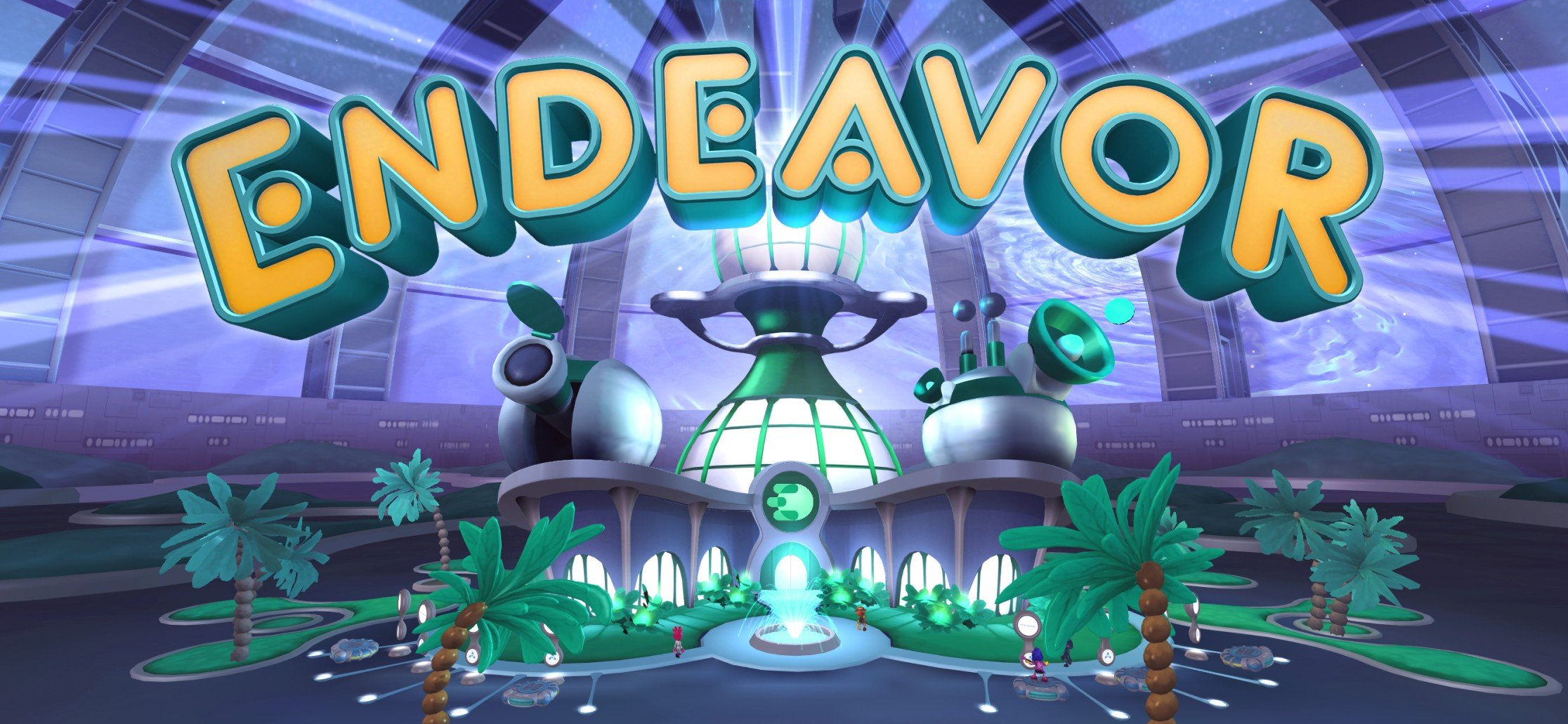Q&A with Global Gaming Citizen Dr. Adam Gazzaley
Incredible things happen when good people are inspired to do good work. That’s exactly the case for Adam Gazzaley, Chief Science Advisor and Board Member at Akili, who received this year’s prestigious Global Gaming Citizen honor as part of The Game Awards, a yearly awards show that celebrates developments in the world of video games.
Adam has devoted his career to exploring neuroscience and cognition, and how technology can be used to offer real-world solutions. One of Adam’s many accomplishments includes the research and development of the science behind EndeavorRx(TM) – the first video game to receive clearance from the U.S. Food and Drug Administration (FDA).
We’re so proud to (virtually) stand by Adam as he receives this important award and wanted to take this opportunity to speak with him about what led him here and what’s in store for the future of the field.
Me: Congratulations on being recognized as one of this year’s Global Gaming Citizens. Can you tell me how you began exploring technological approaches to improving cognition?
Adam: Thank you so much, I’m delighted to receive this honor and proud to share it with the entire Akili team.
When I was growing up, I always wanted to be a scientist. During my undergraduate years, I became interested in the brain, and I found the work to be satisfying because it allowed me to apply conceptual learnings in real life. After decades of advanced education, I wanted to use my experience with neuroscience to help people more directly.
While living in San Francisco, I became interested in the emerging technology around me. As I watched my own field struggle with innovation, I started using these technological advances in attention experiments in the lab and discovered there is a very selective network in the brain that can be activated through experiences. We had an “aha” moment and realized we could use modern technology like video games to create immersive engagement that would allow us to activate the brain networks selectively, thereby improving cognitive function and addressing what I see as a cognition crisis.
Me: You’ve talked about a “cognition crisis.” What is it and how does it impact society today?
Adam: The first step in understanding the cognition crisis is defining it, which presents a challenge because not all cognitive scientists view cognition the same way. I view cognition very broadly and include all the higher order abilities of our mind, spanning attention, perception, memory, imagination, creativity, decision-making, reasoning, emotional regulation, empathy, compassion and more. Under this definition, we can look at conditions like depression – whether it be clinical or a sad emotional response – on the same spectrum as other memory or attention disorders because the more we learn about the brain and its neural networks, the more we realize it’s difficult to separate each of these conditions into individual categories.
Humans have done an amazing job addressing many of the ailments facing us. With that said, we’re also seeing increasing rates of suicide among young people living, as well as a stagnant increase in cognitive impairments related to aging and memory, including dementia. While there have been incredible improvements in our ability to manage disease, suffering, and mortality across other medical domains, there is still a lot of work that needs to be done to manage this cognition crisis.
Me: What is being done to treat cognitive impairments today?
Adam: Treatment is challenging because people feel they should be able to use their “willpower” to overcome cognitive impairments. This is a common stigma when it comes to depression, anxiety and attention disorders. While prescription medication is an important element of treatment planning, even if medication helps manage some symptoms, the environmental causes will continue to persist if not addressed. This is where we see digital therapeutics come into play – pun intended – as part of a treatment plan.
Me: As a Game Awards Global Gaming Citizen, I’d love to know: what are you most excited about for the future potential of gaming technology and its ability to improve cognition?
Adam: I’ve been working in this field for a long time and we’re just now starting to get people engaged with these types of digital treatments. It’s been an incredibly exciting journey for me to follow the project with Akili from every stage – from the idea, the actual research, the design, development, research study completion and then putting the product in front of patients and truly making a difference in their treatment. I’m excited about the near-term future where we’ll see digital therapeutics reach even more people across different clinical conditions.
With the rising prevalence of innovative technological therapies, it’s also encouraging to see more awareness in cognitive health and functioning. There is a really interesting future ahead of our field and the work we’re doing at Akili proves this cognitive crisis can be overcome by dedicating resources to continue exploring cutting-edge solutions.

